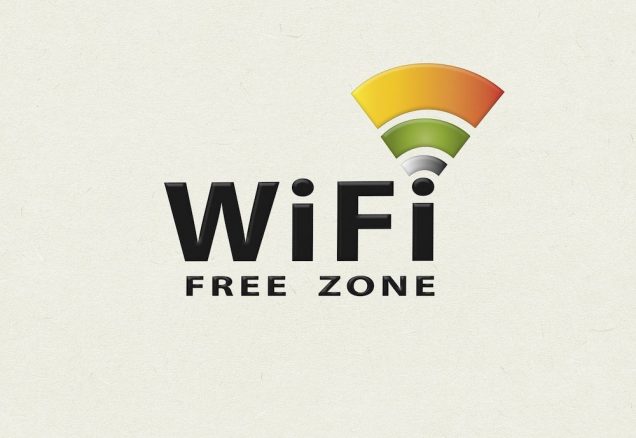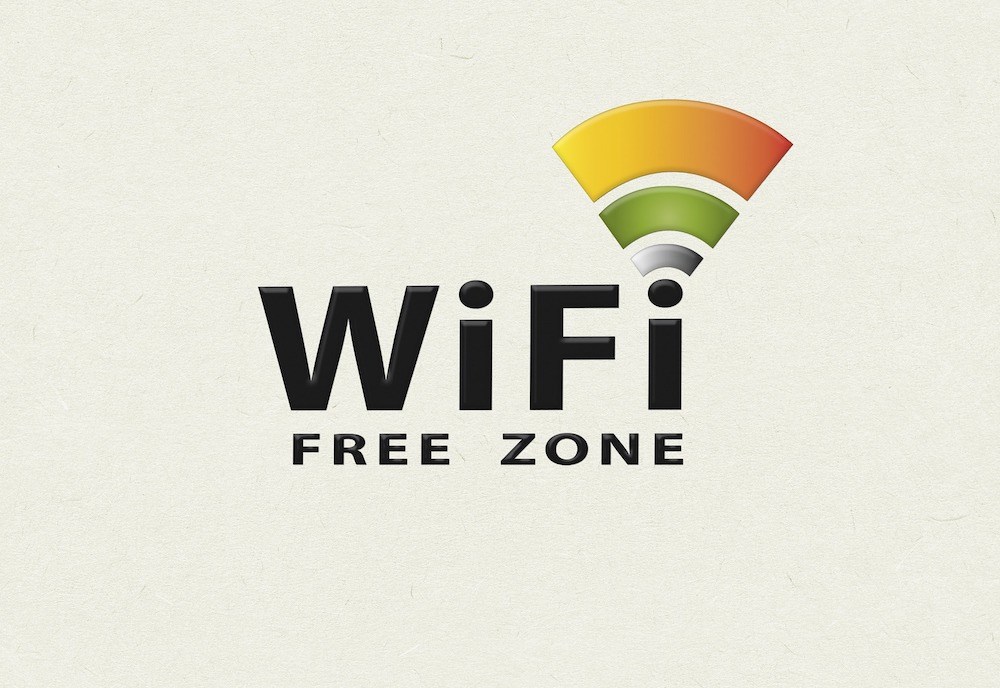There is no doubt the public WiFi is a handy tool, especially if your mobile data volume is limited. Keep it in mind: everything offered for free can hide dangers or ulterior motives.
How to safeguard your online security if you need to use a public and free WiFi? Here are some tips – sometimes a little bit obvious – to protect your personal data.
Some suggestions, as we said, can sound prosaic and corny: keep your antivirus and antimalware steadily updated. That’s the first and best technique to fight immediately dangers that could compromise your safety.
If you are waiting at the airport and try to kill time by connecting to a free WiFi, stop and think: you could risk connecting to a network created especially by some hacker that draws you in deception by using the airport name. The best solution is to take advantage of bars and shops WiFis: most often they require personal data or a small fee to be paid, but at least ensure a higher security level. Of course, if you provide personal data you’ll have to deal with spam: use an email address you don’t care of.
An even better solution is to use a VPN, a tool that encrypts your traffic (sometimes making it look like it came from other states). Although all the most famous VPN services are quite reliable, be careful with the free ones: they often hid dangers and malicious code, especially on Android.
And now the most important advice: when you are using a wireless network that you do not control, avoid doing things that affect your privacy. No home banking, no email login, no social networks. So doing, you are already a step forward towards good online safety.


